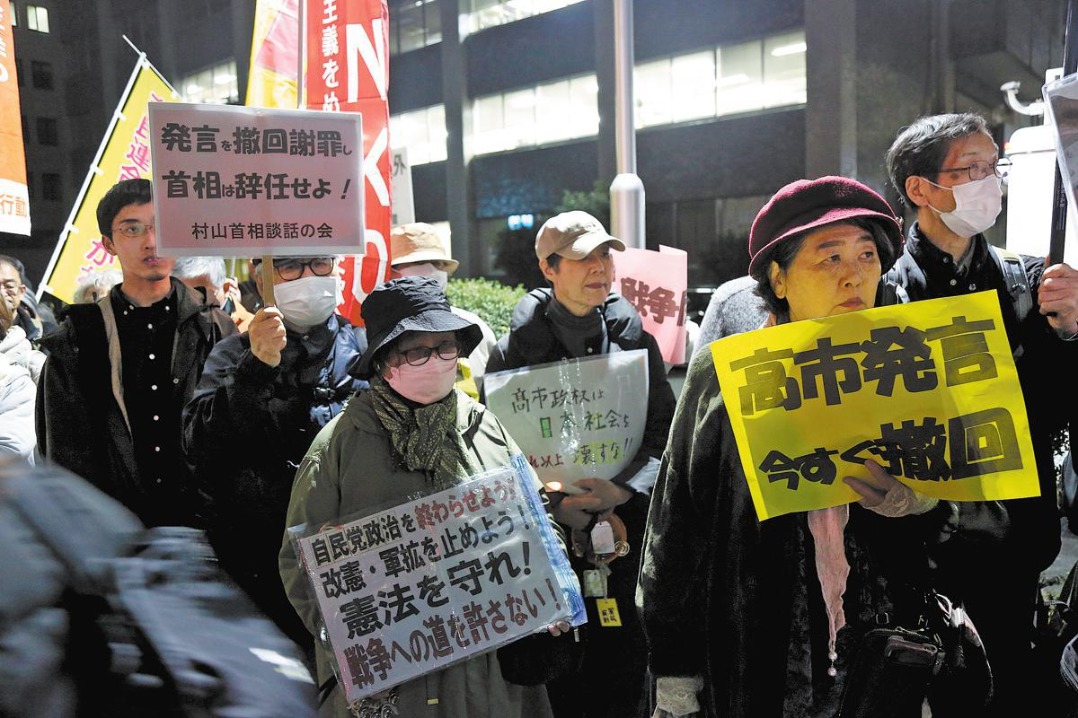Big data not an umbrella that shelters mining of app users' info

THE JIANGSU PROVINCIAL CONSUMERS ASSOCIATION has launched public interest litigation against Baidu, the largest search engine in China, charging that its two smartphone applications obtain information, such as monitoring users' phone calls, their location, and reading the text messages, among other things. Beijing Youth Daily commented on Wednesday:
This is the first time a consumer rights protection organization has sued one of the internet giants for infringing upon users' legal rights and interests. It is a meaningful case that deserves the attention of the whole of society, especially the administrative and judicial authorities.
A dangerous trend in the information age is that more and more people succumb to the monopoly power of technology companies and choose to keep silent about the fact that some companies unscrupulously take advantage of loopholes in the law and weak supervision to profit from data mining people's private information.
Although Baidu responded that its two apps do not have the ability to eavesdrop on users' communications, it is an undeniable fact that the network users feel the apps installed on their smartphones have become increasingly "tailored to their tastes and personalized". The software knows well the consumption and communication habits of users and automatically pumps out information they may be interested in or are looking for.
Usually, it is the users clicking on an "I agree" button while installing an app, which in most cases is a must in order to use the app, which entitles the companies to pry into their privacy. The contract inked in a brief moment between the companies and the consumers is unfair, because the consumers have no other option and, more importantly, the contract highlights the consumers' responsibilities, which are often expressed in such a complicated manner that few users fully understand what they "agree with", while the obligations of the companies, including the need to protect users' privacy, are vaguely worded.
Hopefully, the case in Jiangsu can raise people's awareness of the need to safeguard their privacy, press the authorities to strengthen regulation of the internet companies, and urge the internet industry to reinforce self-discipline.


































